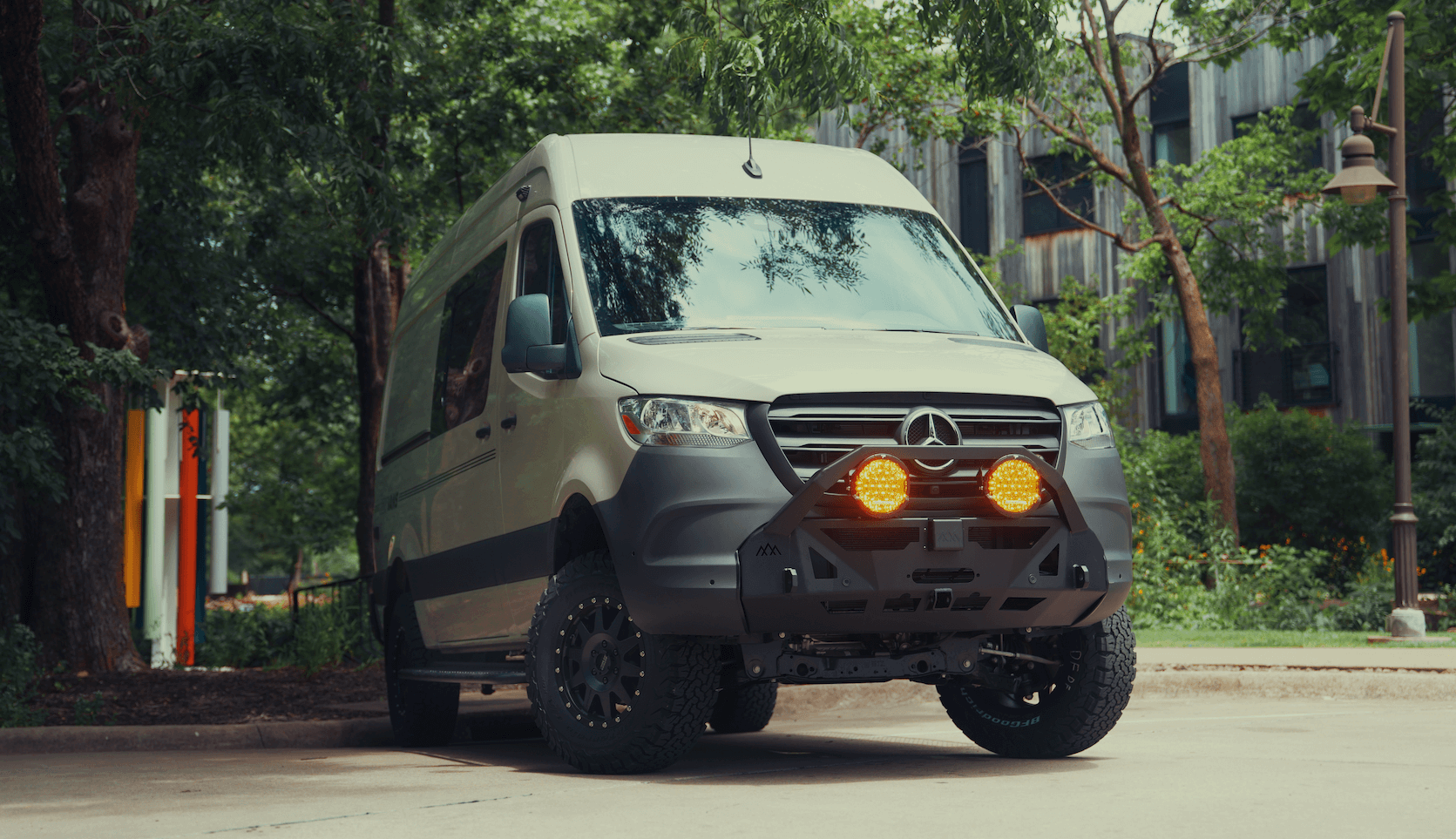Recreational Vans

The big three platforms are Mercedes Sprinter, Ford Transit, and Ram ProMaster. High roofs allow you to stand, which helps with fatigue and back health after long shifts. Gas or diesel comes down to regional fuel availability, service networks, and your mileage goals. All wheel drive or front wheel drive can help with winter assignments and hospital lots after snow.
Inside the van, look at everything through a sleep first lens. Good rest drives performance and safety on the road.
A great van still needs a practical routine. Plan for these elements before you accept the next assignment.
Other essentials:
Housing stipends can stretch farther in a van, but understand your tax home to protect any tax free benefits. Keep mileage logs, campsite receipts, and records of time away from your tax home. Because tax rules change, consult a qualified tax professional for your situation.
Plan routes with shift transitions in mind. Driving immediately after a long night can be risky. Build in recovery days, especially when crossing mountains or winter zones. Save maps for hospital entrances that accept high roof vehicles and note nearby fuel stations that fit taller rigs.
Food and wellness round out the plan. Stock quick proteins for post shift recovery, hydrate more than usual in arid regions, and schedule workouts that do not spike your heart rate right before sleep. Consistent routines in a small space pay big dividends when the beeper goes off again tomorrow.
If you want a nurse ready van that sleeps quiet, stays cool, and runs your essentials without drama, we design and build them. Explore recreational vans for layouts that prioritize rest, storage, and power. If you want a one of one rig, our custom build van process dials in blackout solutions, insulated doors, medical gear storage, and satellite ready internet with smart cable routes. If you prefer a platform that fits standard financing, our mainstream vans options can be tailored for travel nurse life with climate control, secure cabinetry, and parking friendly exteriors.
Ready to roll into your next assignment with confidence? Share your must haves, from sleep and climate to internet and storage, and we will map the build to your schedule.
Ready to turn an assignment into a smooth, stress free road routine? Tell us your schedule, climate needs, and storage wish list. We will design a quiet, insulated, power rich nurse focused van, then build it to endure night shifts and cross country runs. Share your assignment timeline to claim a build slot.
Ready to turn an assignment into a smooth, stress free road routine? Tell us your schedule, climate needs, and storage wish list. We will design a quiet, insulated, power rich nurse focused van, then build it to endure night shifts and cross country runs. Share your assignment timeline to claim a build slot.
ADDRESS:
6159 E Huntsville Rd, Fayetteville, AR 72701
PHONE:
(479) 326-9200
EMAIL:
info@ozkvans.com